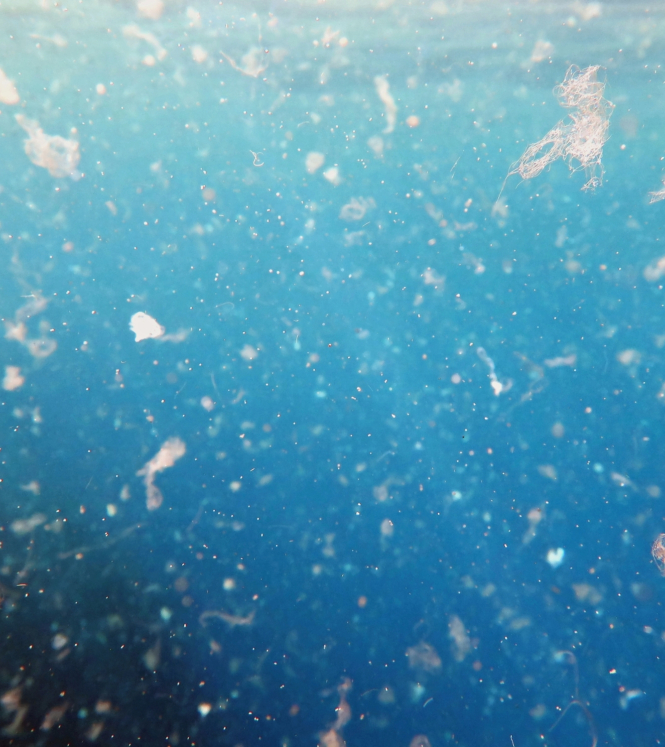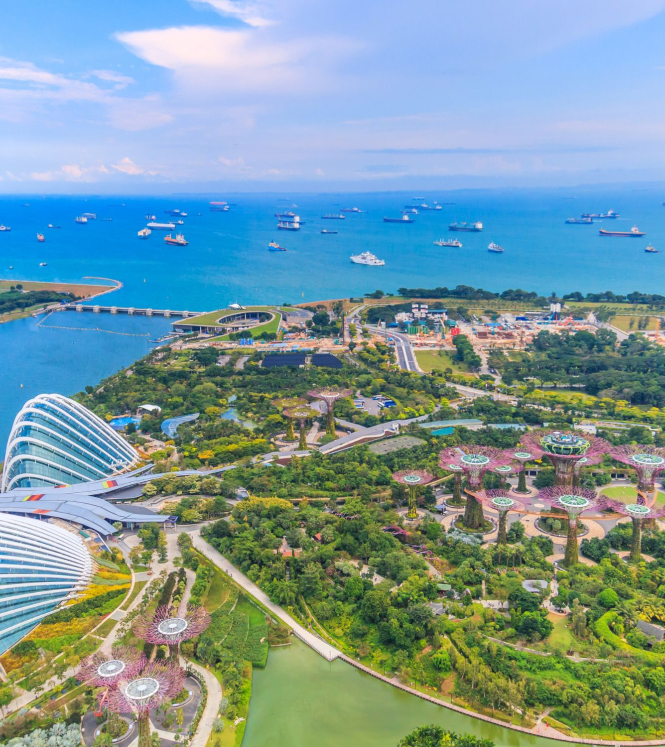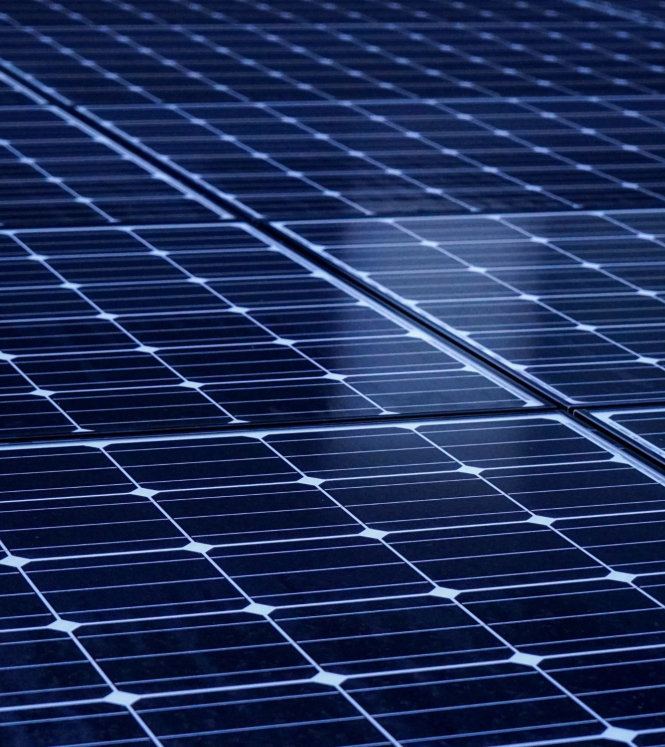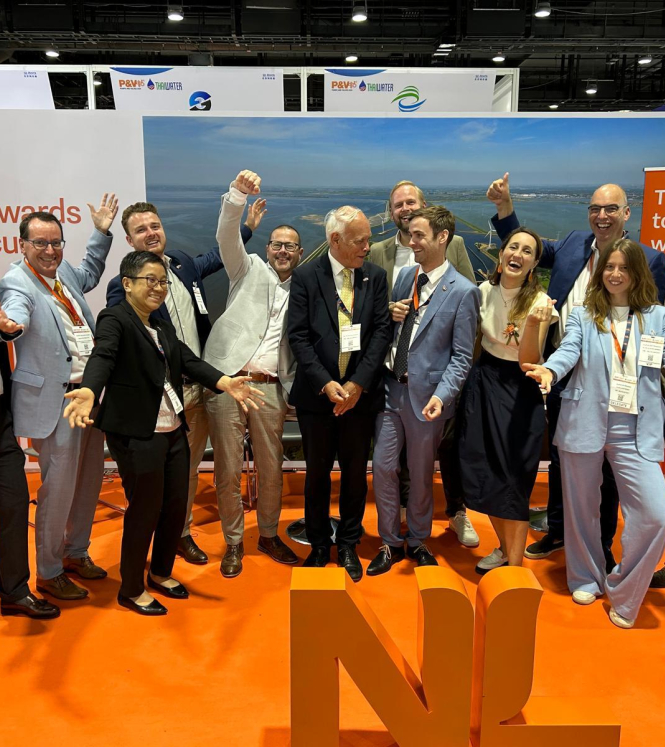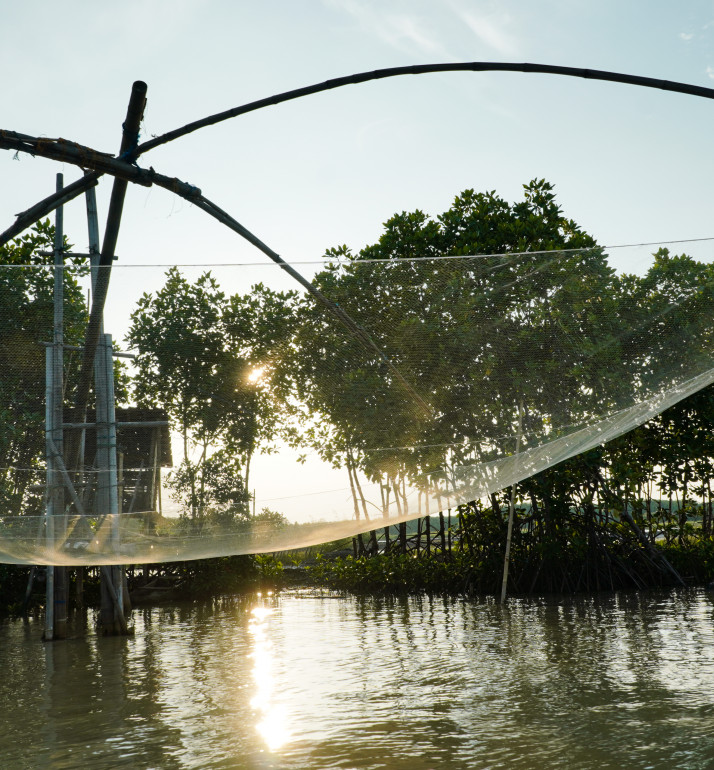
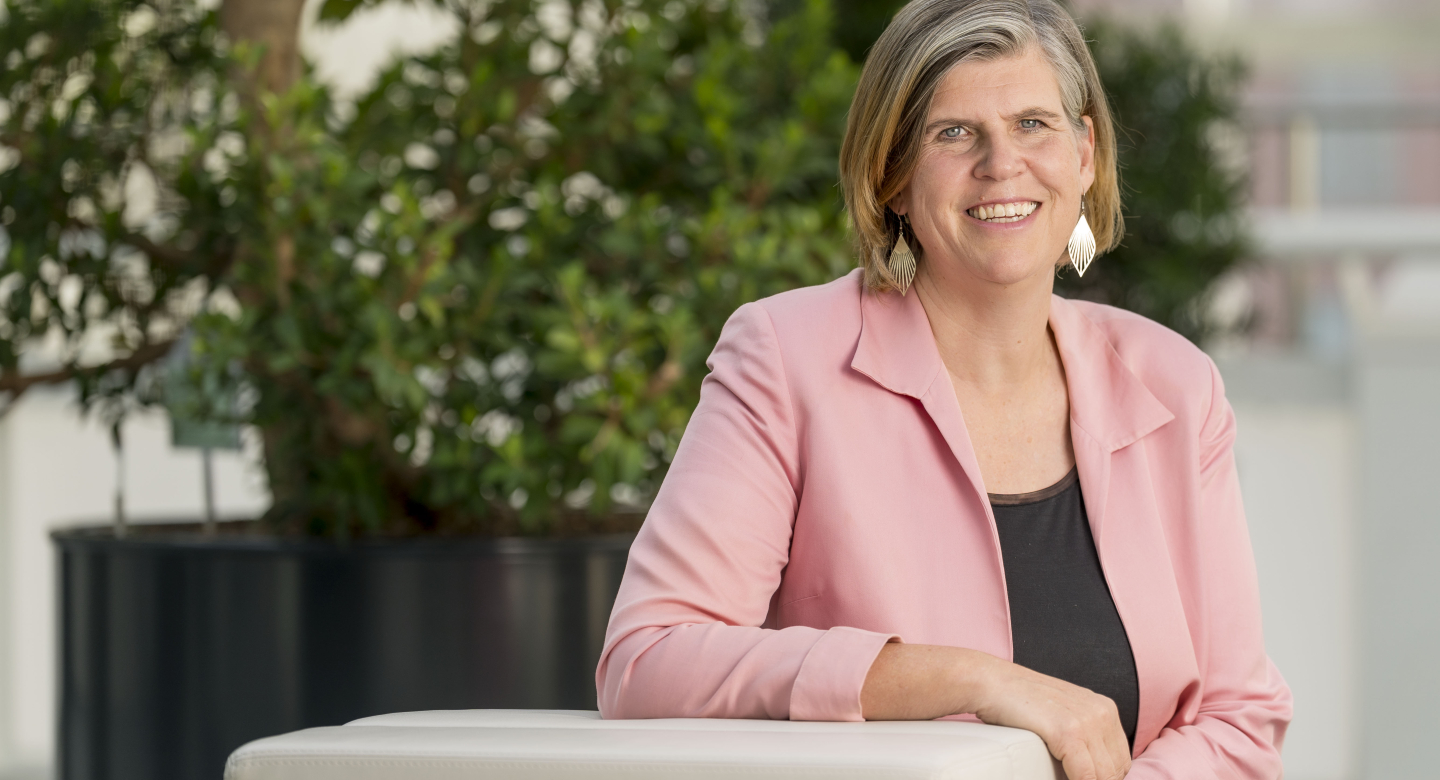
Interview with Dutch water envoy Meike van Ginneken
Access to safe and clean water is essential to human rights and the foundation for a healthy life. However, today, people worldwide face unprecedented water access challenges exacerbated by climate change.
Developing innovative ways to mitigate climate change and ensure the availability and sustainable management of water for all are among the tasks of the Water Envoy for the Kingdom of The Netherlands, Meike van Ginneken. We asked the water envoy about the fast track for our collective efforts in building a water-secure world.
Can you tell us more about your work as a water envoy? And more precisely, about your role at upcoming international water events such as the Bali World Water Forum and Stockholm World Water Week?
As water envoy, I spearhead the Netherlands' international water ambition, connecting a close network in the Netherlands with a strong, well-maintained global network. This means that I often am the face of the Dutch water sector at conferences, such as the World Water Forum. My job is to represent the government of the Netherlands in our bilateral water partnerships, to help create awareness among policymakers worldwide, and to put water on the agenda of international organizations such as the United Nations, the EU, and the World Bank. Getting outside the water bubble to connect with other sectors, such as energy, agriculture, and urban development, is also essential.
What inspired you to take up this challenge as the newly appointed water envoy? Where does your passion for water come from, and what do you hope to achieve long-term?
I am a 'water girl'. I was born and raised in the Netherlands, but since my studies as a water engineer, I have worked and lived on four continents. Water envoy is a dream job: I connect the Netherlands with the rest of the world on a subject I am passionate about. The Dutch water know-how can contribute to water security worldwide, and the Netherlands can learn from experience elsewhere.
There are many challenges concerning water and climate change. From your perspective, what are the main challenges and opportunities regarding water?
Around the world, people experience climate change through water. Homes flood. Harvests fail because the rains come late. Businesses shut down because of drought. If water is the problem, good water management is the solution. We need to make water the engine of climate adaptation.
Engineering and technology will remain important. However, more than engineering solutions are required to adapt to the changing climate.
Protection and restoring freshwater ecosystems will help to create water buffers against floods and droughts. Since 99% of freshwater is stored in nature, we need to halt the depletion of groundwater and the degradation of wetlands and floodplains. We must also switch farming practices to stop soil degradation and moisture loss. Water will also need to become central to spatial and economic planning. Changing rainfall and reduced freshwater availability require changing where we grow our food, build our cities, and plan our industries.
Did becoming a water envoy change your view about climate change, or is it the same (as you have a significant history/experience in developing countries (UN, World Bank, Doctors without Borders)?
As a water envoy, I focus on climate adaptation. Climate mitigation is CO2; climate adaptation is H20. So, while my views on climate change have not changed, I have zoomed in on making water the engine of climate adaptation. My experience working in developing countries is beneficial here: I have seen firsthand that people living in vulnerable conditions and marginalized groups are the most acutely impacted. Droughts create severe food insecurity and traps farmers in poverty, as 80% of cultivated land is rain-fed. Shortages also put the human right to clean water and sanitation at risk. Floods wreak havoc while melting glaciers, sea-level rise and saltwater intrusion jeopardize freshwater supplies. So, my years working and living in Africa and Asia have made me acutely aware that we need to act now on climate adaptation. Without action, more people will fall into poverty. More children will go to bed hungry.
What is the most exciting/memorable moment in your 'water' career? And the most disturbing?
I have been lucky to have had many exciting and memorable moments in my water career. Working with professional colleagues on water security and making the world a little bit better is very fulfilling. My best memories are of witnessing the fruits of our collective effort. I think of meeting a female Ethiopian farmer who showed me around her farm and told me that she could sponsor her daughter to go to university because of better harvests after she got training. I think of Cameroon children who can now study at night because of electricity from a hydropower dam that I helped finance at the World Bank. I think of villages in India that were more livable because of the sanitation and hygiene campaigns I worked on.
When you ask me about an alarming moment, I think back to my first job providing drinking water in refugee camps in Sudan in the 1990s. The regime did not want the refugees to settle permanently and sometimes bulldozer down houses. As an NGO, we had a protocol when we would provide drinking water to the people whose homes were destroyed, which was soon enough to keep them healthy and alive while not giving any legitimacy to the regime's actions. Thinking back, I still get the shivers on how the regime used water as a weapon.
How does the Netherlands contribute to the Water Action Agenda? What are some notable collaborations or programs in which the Netherlands is involved? Please highlight some successful projects or initiatives with other international counterparts.
The Water Action Agenda is a series of over 800 commitments that countries, organizations, companies, civil society groups and universities made at the 2023 UN water conference. I am so happy that these commitments are now being implemented worldwide. The UN water conference was a trigger for much water action.
It makes me proud that many Dutch organizations committed to the Water Action Agenda. For instance, the Royal Netherlands Meteorological Institute is working with the Red Cross and the United Nations to help communities in Ethiopia, South Sudan, Sudan, and Uganda understand and act on the water-related risks they face - before they become disasters. The Dutch Ministry of Infrastructure of Water works with counterparts in a dozen countries to accelerate climate adaptation action through the International Panel for Deltas and Coastal Areas. And just recently, I visited a Dutch bank that has teamed up with others to unlock financing for nature-based solutions.
What opportunities do you see for Dutch entrepreneurs to contribute to (international) water ambitions?
Dutch water know-how can contribute to water security around the world. I encourage Dutch entrepreneurs to work overseas. There are plenty of opportunities for water technology, delta technology and our excellent private and public knowledge and advisory organizations. Luckily, many Dutch entrepreneurs already do business overseas – approximately 40 per cent of the turnover of the Dutch water sector is international business. A lot of this is in Europe and North America. I invite Dutch companies and knowledge institutions to become more active in Asia, Africa and Latin America.
How do you see the future of water/climate change? How do we solve the global challenges together?
I am old enough to be a realist and young enough to be an optimist. The water and climate challenges of today sometimes seem daunting. But we have the knowledge and the means to address these challenges. Also, it helps to look back a few decades. How did we solve issues that looked like daunting challenges at that time? In my working life, between 1990 and 2015, child mortality has halved (from 91 to 41 deaths per 1000 children). Among other things, through better drinking water and sanitation facilities.
Let me take the example of sanitation. I worked in India on the most extensive sanitation campaign in world history. Five hundred million people were given access to a simple toilet. Worldwide, you can see that the number of people who defecate in the open has decreased sharply. But now we are committed to ensuring every household has a toilet in the house or yard. And we want to make sure that wastewater is treated. If we work together, we have solutions to today's challenges. We can make water the engine of climate adaptation, and I will do my very best.
